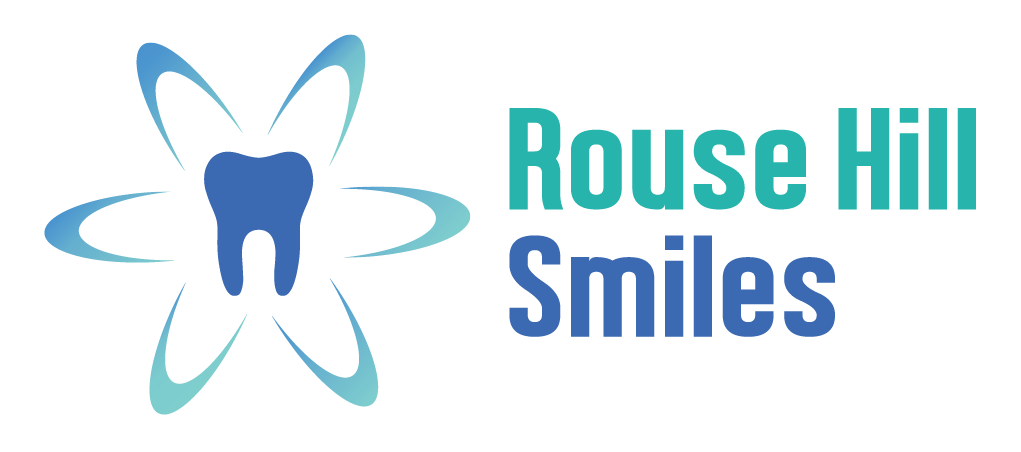Sleep and Your Teeth
A good sleep is vital for our health. It strengthens our immune systems and allows us to wake up restored the next day. Lack of sleep has been linked to a variety of chronic health problems, even an increased risk for death.
There are many types of sleep disorders that are related to dental health such as sleep apnea, insomnia, and movement disorders such as Nocturnal Grinding.
Sleep apnea occurs when airflow is blocked by soft tissues which collapse into the back of the throat during sleep. The condition can result in severe sleep deprivation and inadequate oxygenation of blood.
There are many medical issues, many of which are chronic diseases that are associated with sleep disorders. Heart issues including blood pressure, atherosclerosis, cardiovascular diseases, risk for strokes, and other systemic issues such as reflux, diabetes, anxiety, dry mouth and skin infections are some of them.
Dry mouth is characterized by lack of saliva. Your mouth needs saliva, even when you’re sleeping. Saliva is a natural part of the digestive system that helps to break down foods and rinses the mouth, full of bacteria. This lack of saliva can cause difficulty in tasting, chewing, swallowing, and even speaking.
Saliva helps prevent tooth decay because it washes away bacteria and food and assists in swallowing. By brushing your teeth before bed and using mouthwash, you’re absolutely giving your teeth the tools they need to fight bacteria while you slumber.
Most of the adults grind their teeth while they sleep, a condition known as “bruxism.” If left unchecked, bruxism can lead to numerous problems. When you grind your teeth, you can disfigure the shape of your teeth, wear off tooth enamel, and damage your cheek by chewing it. It also increases your tooth sensitivity to hot and cold temperatures and many other problems such as sleep disruptions, dull headaches, and sore muscles in the jaw, neck, and face.
If you have bruxism, then you may need to wear a guard while you sleep. You can also try to manage the condition by lowering your stress during the day, avoiding caffeine at bedtime, abstaining from tobacco products, and drinking less alcohol.
Follow a good dental hygiene plan that includes brushing and flossing before and after sleep. Your teeth and gums will thank you as well!
Our Principal Dentist
Dr. Teena and the Rouse Hill Smiles team are dedicated to providing patients of all ages with the highest quality of care.

Dr. Teena Bali
Dentist
Quick Contacts
- Rouse Hill Plaza G07-G08, 2-4 Aberdour Avenue Rouse Hill, NSW 2155
- enquiries@rousehillsmilesdentalcare.com.au
- (02) 8320 0548







